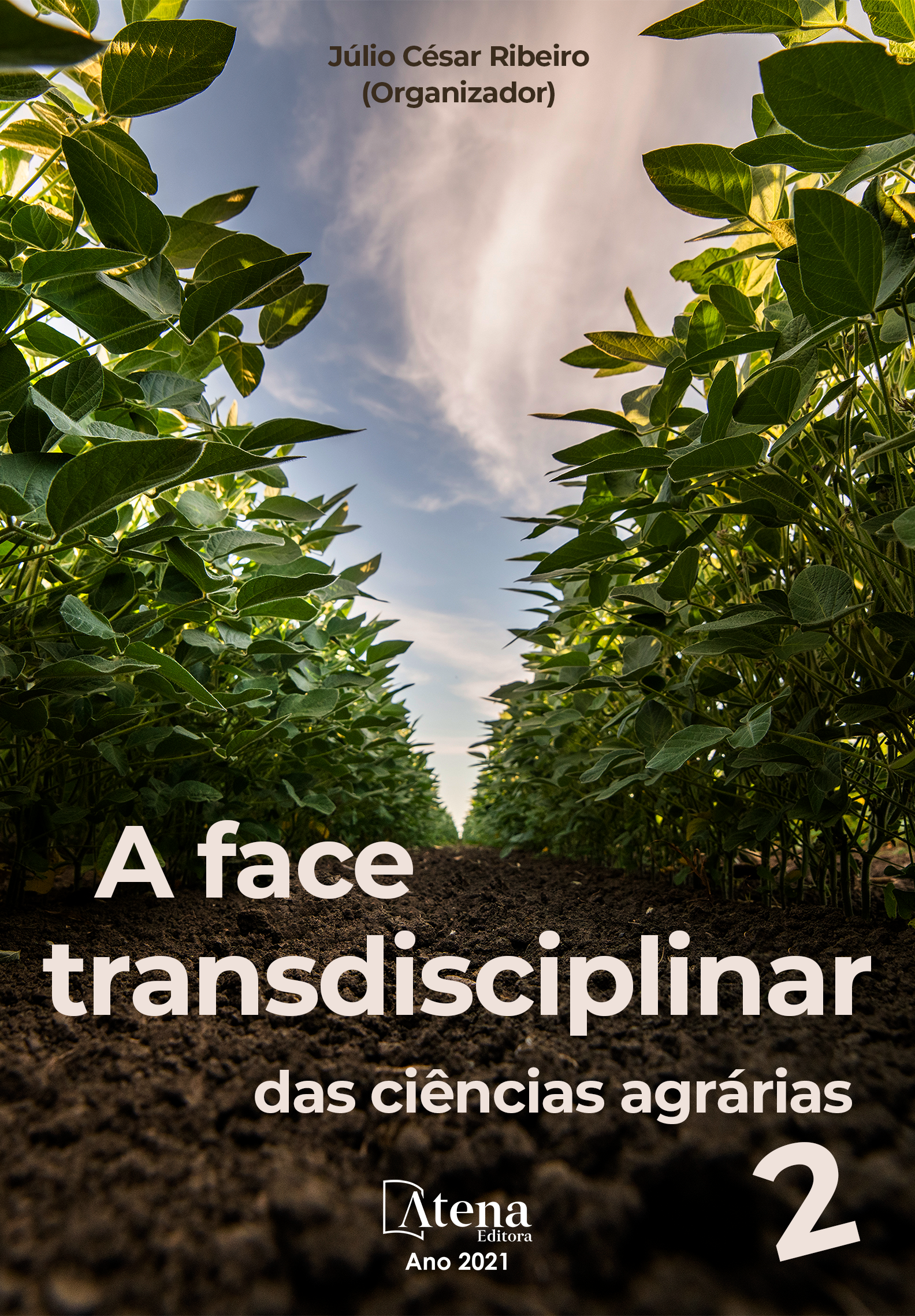
TURISMO RURAL COMO PRODUTOR FLORESTAL NÃO MADEIREIRO
O turismo rural é uma vertente do turismo, na qual, nessa modalidade refere-se às zonas rurais. Atividade considerada um serviço florestal, inserido nos Produtos Florestais não Madeireiros - PFNMs. Assim, os PFNMs são produtos que não provém diretamente da madeira, ou seja, são frutos, raízes, cascas, sementes, entre outros. Dentro desse contexto, o turismo rural pode trazer consigo alterações ambientais e sociais, estas podem ser negativas e positivas. Assim o estudo teve como objetivo entender o turismo rural, compreender o setor, os principais benefícios para as comunidades rurais e possíveis danos socioambientais que essa atividade pode causar. Desse modo, o estudo foi desenvolvido por meio da análise bibliográfica e documental que contemplam desde o turismo rural, produto florestal não madeireiro e turismo ecológico. Para tanto, foram utilizadas combinações de palavras-chave e descritores como estratégia para busca dos artigos envolvendo a temática ‘’Turismo Rural” nas principais bases de dados: ‘Web of Science’, ‘Scielo’, ‘Scopus’ e ‘Google Scholar’, e órgãos governamentais. Entendeu-se como o turismo rural interfere nas comunidades receptoras desses visitantes, e quais são os impactos positivos e negativos. Principalmente no que diz respeito ao meio ambiente, já que essa atividade exige investimentos em infraestruturas e mudança no uso e ocupação do solo. Causando um aumento em problemas urbanos e rurais, gerando resíduos sólidos, dentre outros. O turismo rural trouxe também impactos positivos, tais como, diversificação na renda, conservação ambiental e cultural, em infraestruturas que visem o acesso às propriedades rurais. Essa atividade traz consigo uma alternativa de renda para as comunidades, além de proporcionar a preservação ambiental, e trocas culturais.
TURISMO RURAL COMO PRODUTOR FLORESTAL NÃO MADEIREIRO
-
DOI: 10.22533/at.ed.89421100827
-
Palavras-chave: Serviço ambiental, fonte de renda, impactos ambientais
-
Keywords: Environmental service, source of income, environmental impacts
-
Abstract:
Rural tourism is an aspect of tourism, in which, in this modality, it refers to rural areas. The activity is considered a forest service, inserted in the Non-Timber Forest Products - NTFPs. Thus, NTFPs are products that do not come directly from wood, i.e., fruits, roots, bark, seeds, among others. Within this context, rural tourism can bring about environmental and social changes, which can be negative and positive. Thus, the study aimed to understand rural tourism, to understand the sector, the main benefits for rural communities, and possible socio-environmental damage that this activity can cause. In this way, the study was developed by means of bibliographic and documental analysis that contemplated rural tourism, non-timber forest products, and ecological tourism. For this, combinations of keywords and descriptors were used as a strategy to search for articles involving the theme "Rural Tourism" in major databases: "Web of Science", "Scielo", "Scopus" and "Google Scholar", and government agencies. It was understood how rural tourism interferes in the communities that receive these visitors, and what the positive and negative impacts are. Mainly with regard to the environment, since this activity demands investments in infrastructure and changes in the use and occupation of the soil. Causing an increase in urban and rural problems, generating solid residues, among others. Rural tourism also brings positive impacts, such as income diversification, environmental and cultural conservation, in infrastructure that aims at the access to rural properties. This activity brings with it an alternative income for the communities, besides providing environmental preservation, and cultural exchanges.
-
Número de páginas: 12
- Roberto Jackson Rodrigues Silva
- Bruno Araújo Corrêa


